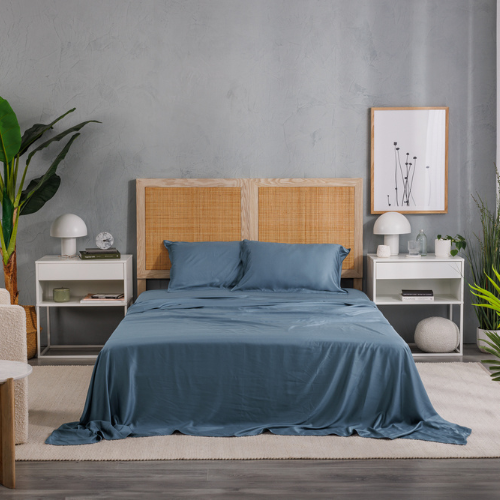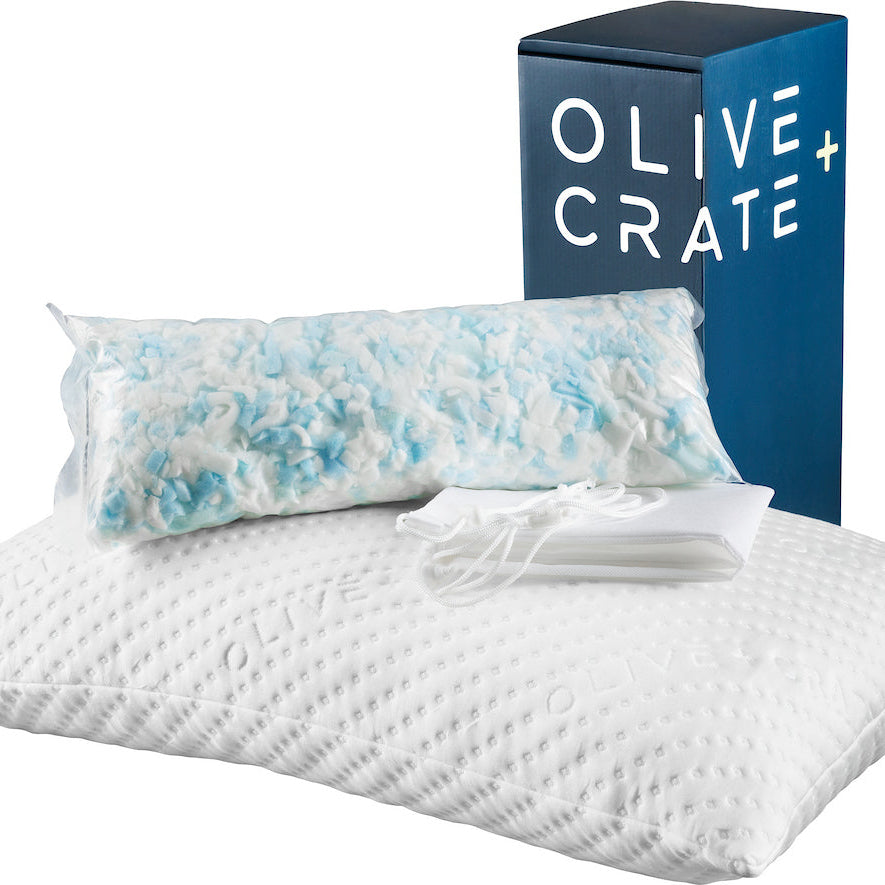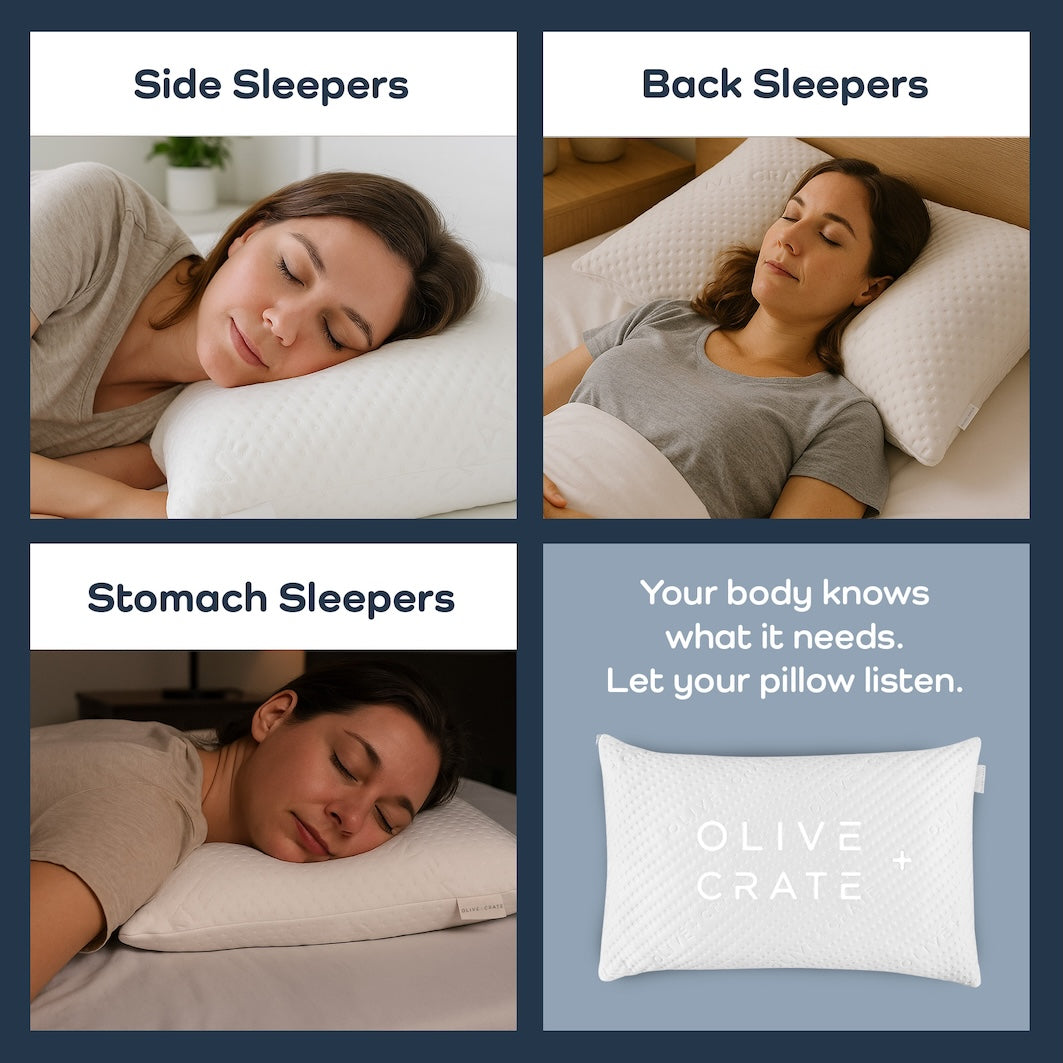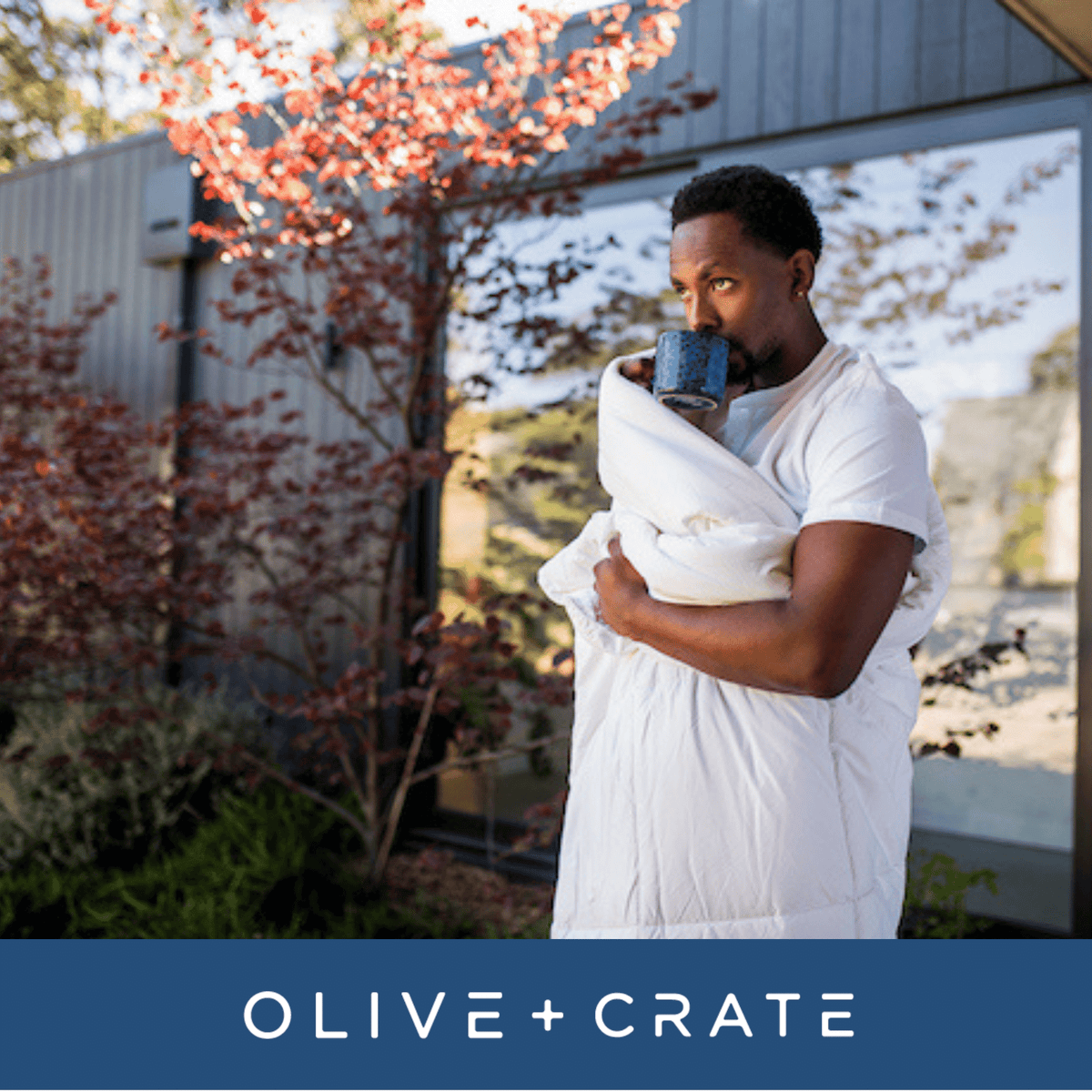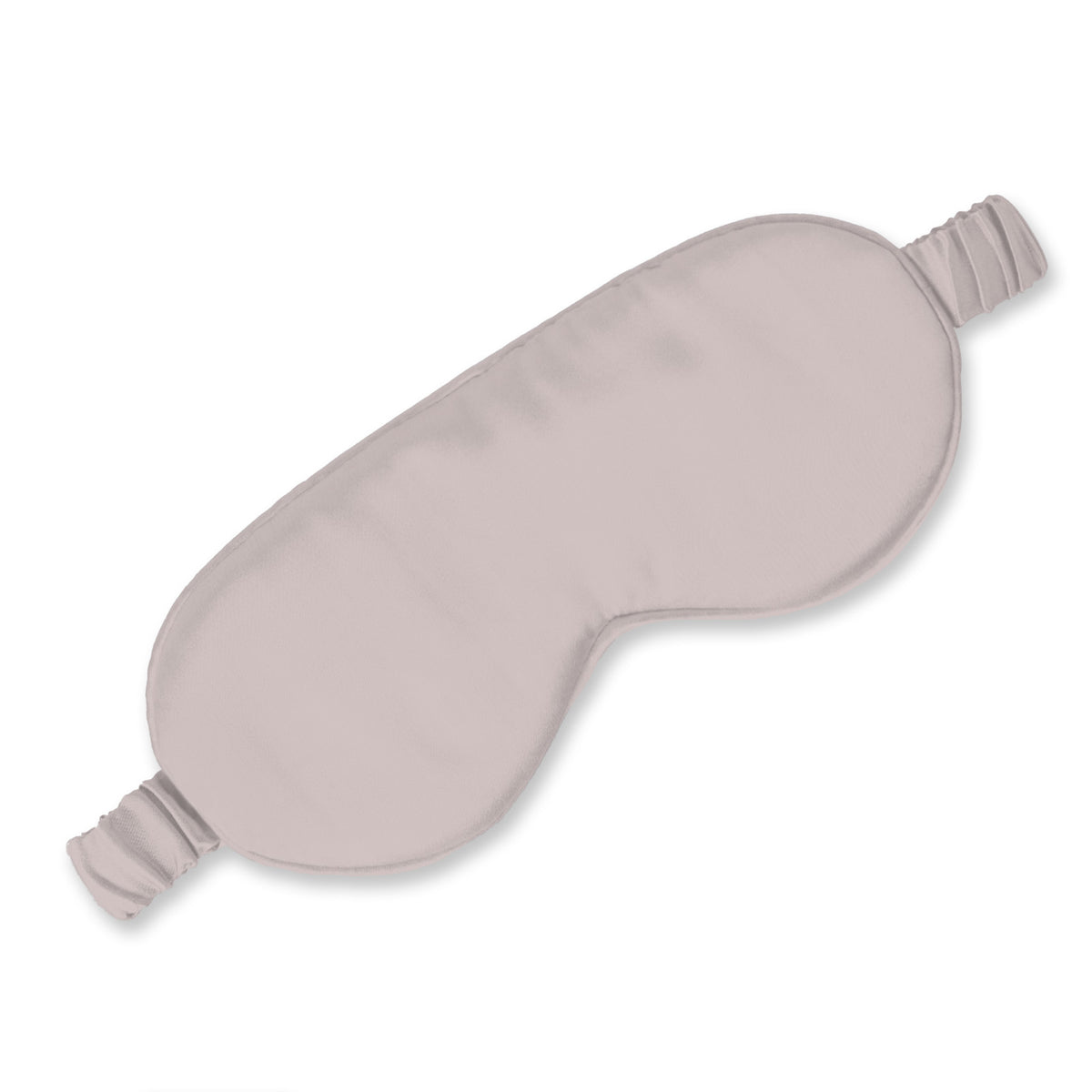Microfiber Polyester: What Is It?
Microfiber polyester is essentially a form of ultra-fine plastic. It originates from petroleum, making it a non-biobased product. The most prevalent form of polyester fiber is ethylene polyester (PET), primarily derived from petroleum-based ethylene. PET is also used in manufacturing everyday items such as water bottles and food packaging.

Advantages of Polyester:
- Durability: Polyester is known for its longevity and resistance to wrinkling and shrinking.
- Cost-effectiveness: It is quite cheap to produce, making it an attractive option for many manufacturers and consumers.
Drawbacks of Polyester:
On the flip side, polyester has a slew of negative impacts on humans, animals, and the environment, which are important to consider.
- Originates from Fossil Fuels: The production of polyester involves the use of nearly 70 million barrels of oil annually. The process of refining crude oil into polyester releases harmful toxins into the air and waterways, which can adversely affect various forms of life.
- Heat Retention and Odor Absorption: As polyester is essentially plastic, it lacks breathability and moisture-wicking properties. This results in a "sauna effect" during sleep, which can be quite uncomfortable, especially for hot sleepers. Furthermore, polyester tends to absorb and hold onto smells.
- Non-Biodegradable: Polyester takes centuries to decompose. This means that every piece of polyester you've ever owned still exists somewhere on Earth.
- Microplastics: Polyester sheds tiny bits of plastic known as microplastics with every wash. These microplastics end up in our water and air, eventually being ingested by marine life and us.
Natural Bedding: An Overview
Switching gears, let's dive into natural bedding, specifically discussing bamboo, cotton, linen, silk, and eucalyptus-based materials.
Bamboo Bedding
Bamboo bedding (such as comforters or sheets) has been gaining popularity due to its environmental-friendly aspects. However, it's important to distinguish between genuine bamboo and chemically processed alternatives like rayon.
Pros:
- Sustainability: Bamboo bedding, especially when organically produced, has a low environmental impact. The production process uses an organic solvent to dissolve the plant pulp, with the water and solvent being recoverable and reusable.
- Comfort and Durability: Bamboo bedding is soft, smooth, and resilient. It's also antibacterial, hypoallergenic, and thermo-regulating.
Cons:
- Cost: Bamboo bedding can be more expensive than some cotton options due to the technology used in processing and the absence of large-scale production.
- Care: Bamboo sheets may wrinkle easily and require special care to maintain their softness and durability.
Cotton Bedding
Cotton has been a popular choice for bedding for centuries. However, not all cotton is created equal, and its environmental impact can be significant.
Pros:
- Versatility: Cotton is soft, comfortable, and breathable, making it a suitable option for most climates.
- Variety: There are different types of cotton, such as Upland, Egyptian, Pima, Supima, and MicroCotton, each with its own set of benefits.
Cons:
- Environmental Impact: Current cotton production methods involve hazardous materials and chemicals, including pesticides, which can harm the environment.
- Quality Disparity: The quality of cotton sheets can vary significantly based on factors like staple length and thread count.
Linen Bedding
Linen, made from flax plants, is known for its premium quality and durability.
Pros:
- Sustainability: Flax plants require less water to grow than other plants such as cotton, making linen a more sustainable option.
- Durability: Linen lasts longer than cotton and becomes softer with time.
Cons:
- Cost: Linen can be more expensive than cotton.
- Care: Linen sheets may wrinkle easily and require special care to maintain their quality.
Silk Bedding
Silk is the epitome of luxury when it comes to bedding. It is known for its softness, lightness, and elegance.
Pros:
- Luxury: Silk offers an unmatched luxurious experience with its silky feel.
- Comfort: Silk's low conductivity allows it to retain heat close to the skin, keeping you comfortable in various temperatures.
Cons:
- Care: Silk requires specialized treatment and care.
- Durability: Silk is prone to tears and stains.
- Vegans: Not suitable for vegans
Eucalyptus Bedding
Eucalyptus bedding, specifically Eucalyptus Lyocell, is gaining attention as an eco-friendly alternative to cotton.
Pros:
- Sustainability: Eucalyptus Lyocell is made from the wood pulp of the eucalyptus tree. It requires less water, chemicals, and energy to produce than cotton.
- Comfort: Eucalyptus Lyocell is soft, cool, and durable.
- Insecticides and Pesticides: Eucalyptus is naturally resistant to pests and does not need to be treated with chemicals when growing
- Moisture-Wicking: Eucalyptus is naturally temperature regulating and breathable, resulting in an enhanced sleep experience for many people
Cons:
- Texture: Some people may not prefer the smoother feel of Eucalyptus Lyocell.
- Cost: It can be more expensive than 100% cotton or upland cotton.
- Authenticity: Some bedding brands that use the term Eucalyptus may be made from Chinese Lyocell where the solvents used during the manufacturing process maybe harmful to the environment. We recommend looking for TENCEL a brand of lyocell that guarantees environmental production standards to the highest level.
The Verdict
In the battle between microfiber polyester and natural bedding, the latter offers a more sustainable, comfortable, and environmentally-friendly option. While microfiber polyester may be more cost-effective, its environmental footprint and negative impacts on sleep quality make it a less desirable choice.
As consumers grow more conscious of their buying decisions, selecting bedding materials that are not only comfortable but also eco-friendly becomes paramount. Whether it's bamboo, cotton, linen, silk, or eucalyptus, natural bedding offers a variety of options to suit individual preferences and needs.
Remember, investing in good-quality bedding isn't just about achieving a comfortable night's sleep. It's also about contributing to a healthier planet.


